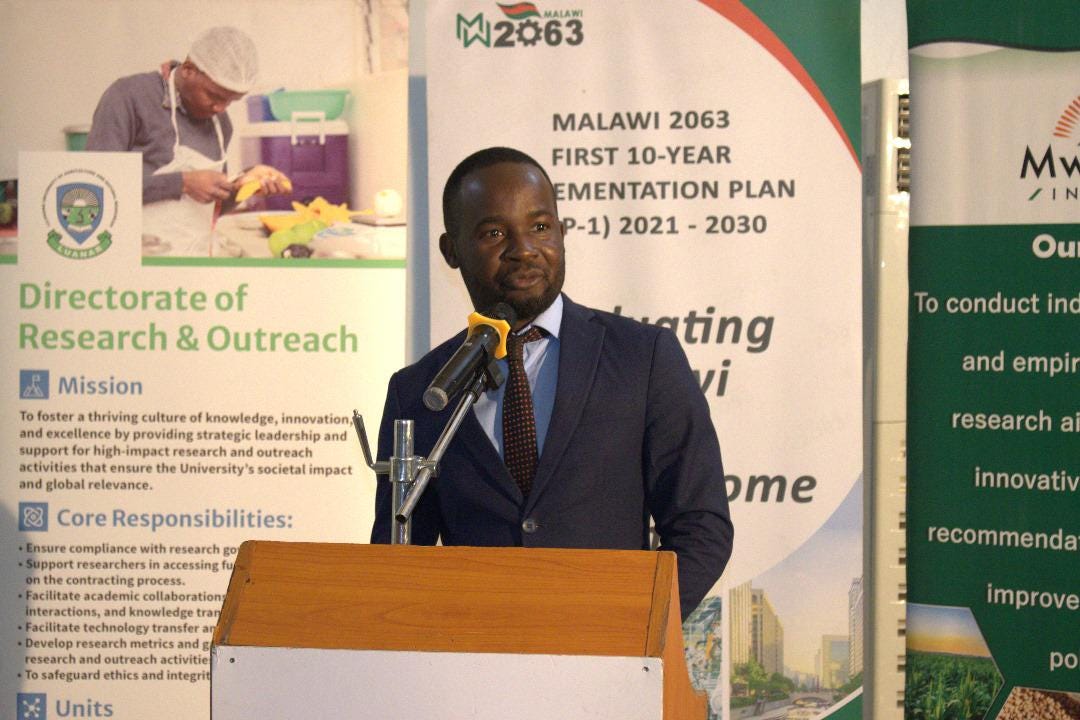Malawi Trade Minister Urges Support for Local Industries, Economic Growth
Gwengwe criticized the lack of support for locally produced goods among Malawians, blaming it for an influx of foreign products and significant foreign exchange losses.
LILONGWE, Malawi— Malawi's Trade Minister Sosten Gwengwe called for increased support of local businesses to boost the nation's economy, create jobs and promote sustainable development during a keynote address Tuesday, writes Bridgette Mwanoka.
Speaking at the 12th Ndizotheka Eminent Speaker Series in Lilongwe, Gwengwe emphasized the need for concerted efforts to elevate domestic industries.
"We must support our local businesses to strengthen our economy and create employment opportunities for our people," Gwengwe said.
The minister outlined upcoming government policies aimed at protecting and advancing local industries to enhance their competitiveness both domestically and internationally.
Gwengwe criticized the lack of support for locally produced goods among Malawians, blaming it for an influx of foreign products and significant foreign exchange losses.
"We need to rally behind our own products," he said.
"The failure to do so contributes significantly to the flood of foreign goods into our markets, resulting in a notable drain on our foreign reserves."
Prof. Levison Chiwaula, Director of Research at Mwapata Institute, praised the quality of Malawian products compared to imports.
He commended the speaker series for fostering dialogues beneficial to the nation.
"Malawi's industries produce goods of exceptional quality, often surpassing those brought in from abroad," Chiwaula said.
"This event serves as a platform for exchanging ideas that could significantly advance our economic interests."
Prof. Andy Dougill from the University of York urged Malawi to adopt climate-smart techniques to mitigate environmental impacts and enhance agricultural productivity.
Dr. Thomas Munthali, Director General of the National Planning Commission, stressed the importance of import substitution in food production.
"We need to enhance our agricultural capabilities to reduce our reliance on food imports," Munthali said.
"This approach is crucial for achieving food security and reducing our import dependency in the long term."
The event, organized by the National Planning Commission and Mwapata Institute, focused on "Unlocking Wealth Creation through Enhanced Agro-processing of Priority Value Chains for Nutrition and Diets."



